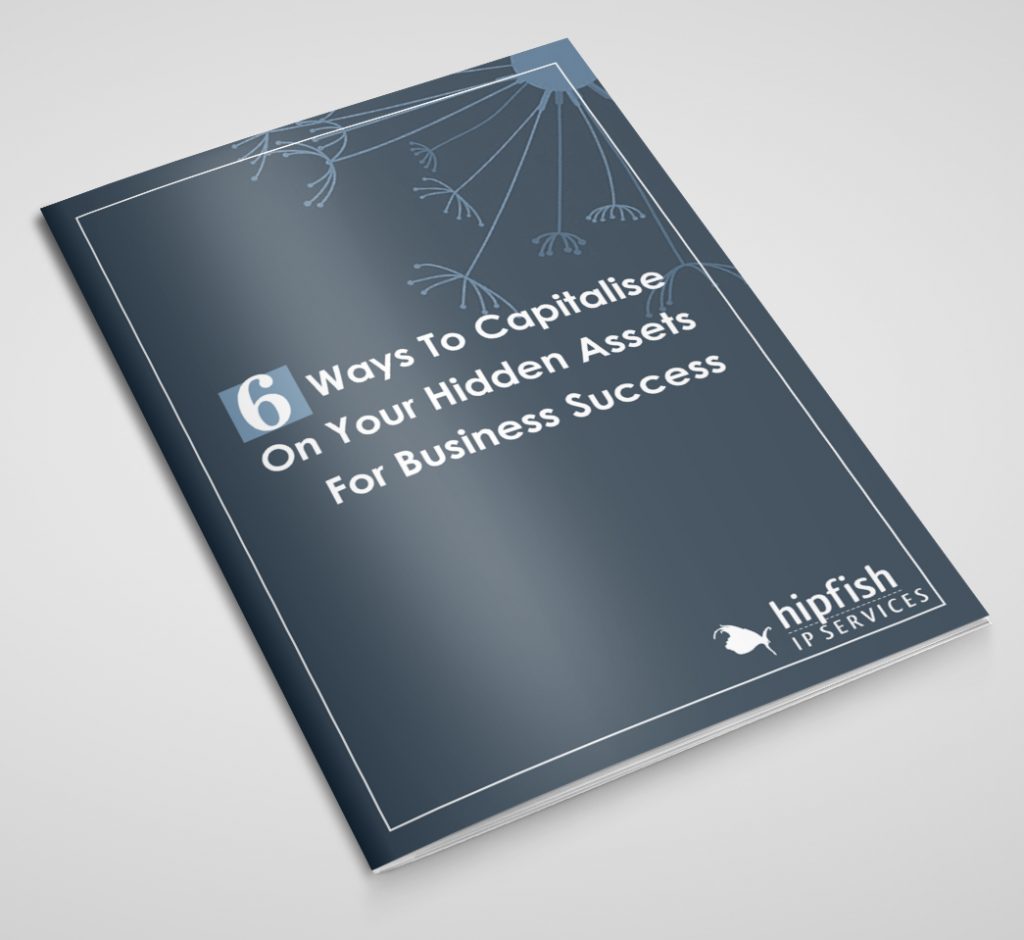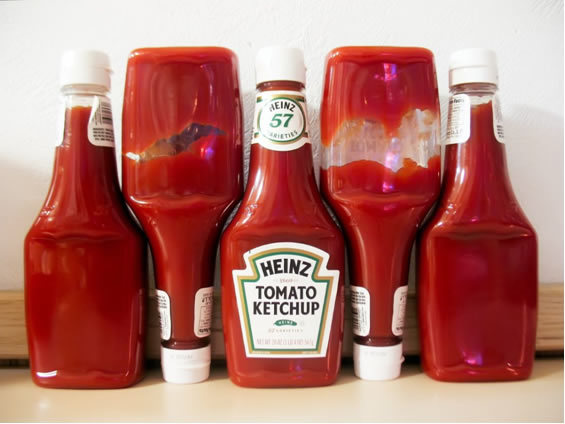You’ve found this great product in the market and discovered that no-one has a patent on it and you wonder if you can capitalise on that by patenting it yourself.
This is a very common question we get asked about a lot.
The simple answer is…no.
If an idea has been turned into an invention and is already known in the market, then it’s no longer patentable.
Whether it’s been patented already or not doesn’t matter.
Patents are granted for novel, non-obvious and useful inventions whereby ‘novelty’ means that the invention is not known..
To further explain this:
NOVEL:
To be novel, an invention must be substantially different from anything else that is within the realm of public knowledge.
This includes anything that has previously been patented, published, anything that is already in the market, being sold, or a traditional practice – anywhere in the world.
So if your invention is already known in Africa but not necessarily in Australia, then your invention is not novel and doesn’t qualify for a patent. .
NON-OBVIOUS:
To be non-obvious, the invention must not be easily perceived by a person of expertise in that invention’s particular field.
A common example is combining a spoon and a fork to make a ‘spork’.
USEFUL:
To be useful, an invention must work and serve some useful purpose. Just because it’s new and unique, does not make it worthy of a patent.
When an invention is ‘known’ we call that (in patent language) – Prior Art, so anything already in the public realm is known as Prior Art, which prevents anyone taking out a patent on it.
Basically, if you know about it and several others do too, then it isn’t ‘novel’ – it’s known and therefore not able to be patented.
——————
Disclaimer
This information is a general guide to further your knowledge about patenting and does not constitute legal advice.






